Treatment, Provider, and Cost Differences for Rural and Urban Patients with Opioid Use Disorder and Medicaid Insurance Across the U.S.
Description:
Opioid use disorder (OUD) and opioid-related overdose deaths are on the rise in rural areas. Rural communities face unique challenges in accessing treatment for OUD. Buprenorphine is an effective medication treatment for opioid use disorder (MOUD). A major benefit of buprenorphine over other currently available MOUDs, such as methadone, is that it can be provided in office-based settings rather than in certified opioid treatment programs, which are less available in rural places. Since 2016, the number of rural clinicians who are waivered by the DEA to be able to prescribe buprenorphine has doubled. Yet, many rural patients are not able to access care. Medicaid covers about a quarter of rural adults, yet little is known about the care provided to rural patients covered by Medicaid insurance for OUD.
This study will use Medicaid claims data to 1) describe the workforce that is caring for rural (including micropolitan adjacent, micropolitan non-adjacent and small and remote rural counties) versus urban populations with OUD covered by Medicaid insurance, treatments received, (including medications (e.g. buprenorphine, naltrexone) and cognitive therapy) and retention in treatment (duration); (2) explore regional differences in care for urban and rural patients with Medicaid insurance; (3) compare care received by patients living in counties with and without a waivered clinician; (4) compare the distance and time that patients from micropolitan adjacent, micropolitan non-adjacent and small and remote rural counties travel for OUD care compared to urban patients; and (5) compare the cost of treatment for patients with OUD from rural and urban areas. Analyses will also compare NP prescribing practices in states that require NP supervision by physicians with those that allow NPs to prescribe autonomously. Our analysis will also provide helpful insights about where and from whom low-income rural patients with OUD receive care (such as psychosocial support) in the absence of a comprehensive OUD treatment workforce in their local communities.
Contact
C. Holly A. Andrilla, MS
Funder:
HRSA
Status:
In Progress

